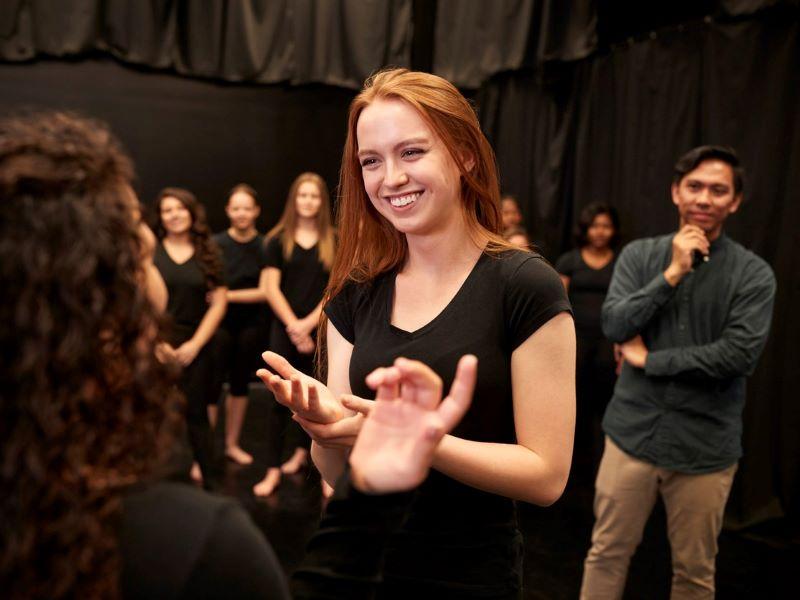Training more than 3,000 nursing students across nine geographically dispersed sites while ensuring quality, equity and pedagogical consistency is a major institutional challenge. In partnership with local nursing schools, we developed a demonstrator project combining deep hybridisation, integrative learning activities and the thoughtful integration of game-inspired elements. The goal: to strengthen student engagement, improve clinical readiness and support success, particularly in courses with low pass rates.
Rather than gamifying to capture attention, we adopted specific mechanisms from the world of games – narrative, challenge, instant feedback, exploration – to structure active learning sequences. The aim was to create a stimulating learning environment without compromising academic rigour or disciplinary depth.
- Charting the future: ChatGPT’s impact on nursing education and assessments
- Go beyond play and engage students with game-based learning
- Ready, player one? How video games can help engage students
Four approaches to foster engagement and skill development
- Interactive clinical case studies, designed as real-life care scenarios, challenge students to resolve complex situations by applying clinical reasoning. These scenarios offer progressive training, requiring choices and anticipating consequences.
- “Error rooms”, structured like investigation games, ask students to identify anomalies in simulated environments. These activities sharpen attention to detail and develop professional vigilance.
- Interactive e-learning modules, embedded in a flipped classroom model, allow for step-by-step progression through formative quizzes with automatic links to relevant content when errors are made. Self-assessment and immediate feedback are central features.
- Simulation videos dedicated to the acquisition of technical nursing procedures, structured in a “before-during-after” format, help students prepare effectively before clinical placements. These widely viewed videos are also used by healthcare professionals for continuing education, attesting to their robustness and broad relevance.
Pedagogical design grounded in reflection and transferability
All these tools share a common philosophy: treating error as a lever for learning, not a failure. Mistakes are informative – they highlight needs, prompt review and strengthen retention. This approach aligns with a culture of reflective practice, which is essential in health professions.
We also focused on harmonising materials across sites: a unified course labelling system, clarified learning objectives and consistent media production. This enhanced students’ understanding of their learning paths and reduced discrepancies between locations.
Results and transferability
The results are already tangible:
- Significant increases in pass rates across several modules (+30 to +42 percentage points)
- High engagement with digital resources
- Stronger sense of clinical preparedness, reported by both students and clinical supervisors.
This project demonstrates that it is possible to integrate game-based elements in a targeted and effective way within professional training programmes – provided they are embedded in a coherent pedagogical strategy, clearly aligned with targeted competencies and part of feedback-driven and progressive learning design.
This approach can be transferred to other disciplines where clinical placements, technical skills and decision-making are central. Ultimately, pedagogical design, not the tool itself, makes the difference.
Caroline Barau is assessor for the universitarisation of health training and head of nurse training, and Magali Vergnes is director of the Center for Pedagogical Design and Development, both at Université Paris-Est Créteil.
If you’d like advice and insight from academics and university staff delivered direct to your inbox each week, sign up for the Campus newsletter.




comment